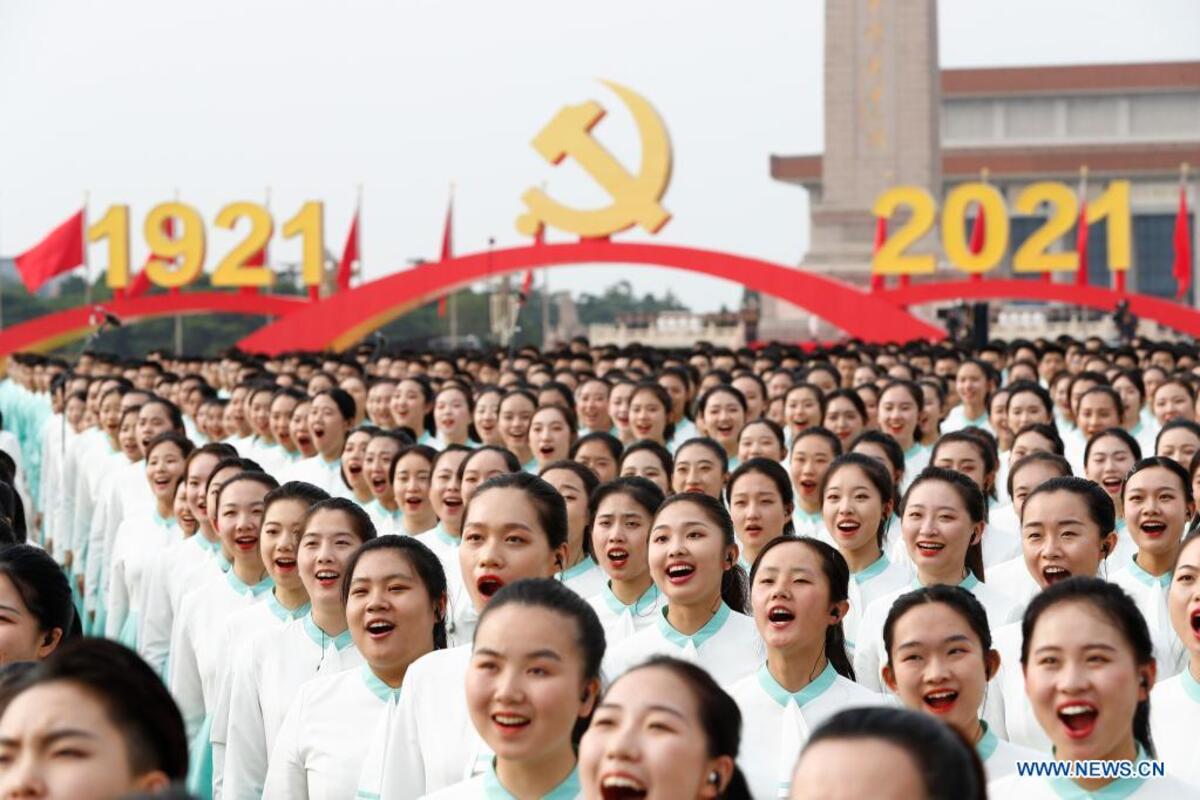Proposal for housing scheme a big hit with common people
Solarization of rooftops and conversion of normal bogies in trains into Vande Bharat-like coaches are welcomed.
The ‘middle class’, is, of course, a flexible concept everywhere in the world though it’s usually safe to establish a linear link between a burgeoning middle class and a corresponding enhancement of cosmopolitanism and liberal values.

Writing recently in the journal Think China, a veteran China-watcher predicted that the emergence of the Chinese middle class as a dominant political and economic force will have a profound impact both domestically and internationally.
The ‘middle class’, is, of course, a flexible concept everywhere in the world though it’s usually safe to establish a linear link between a burgeoning middle class and a corresponding enhancement of cosmopolitanism and liberal values.
But this is problematic when it comes to the People’s Republic of China. For, the reductionist nature of its system of governance is premised on not just a command capitalist economy but also a tightly controlled society.
Advertisement
In effect, we are looking at the prospect of what is being termed ‘cosmopolitanism with Chinese characteristics’. Counter-intuitive as these formulations may be, if there is one thing the China story has proven, it is that nothing can be ruled out.
Scholars are agreed that the cradle of the dynamic Chinese middle class is Shanghai. It is the country’s most Westernised city and has long been termed China’s gate to the outside world or even the bridge between East and West where the twain once met. From the Middle Kingdom’s opening up to foreign powers after the Opium Wars to Deng Xiaoping’s reform era, it was mainly Shanghai that introduced the world to China and vice-versa.
The city has been both the incubator of the middle class and the go-to place for foreign-educated returnees carrying with them Western ideas. But Shanghai is also the birthplace of the Chinese Communist Party (CCP) and, during the Cultural Revolution, the city was the epicentre of Maoist radicalism.
It is this historical paradox which is likely to play out in the years ahead as the green shoots of democratic thought ~ which some hope may incrementally lead to calls for multi-party elections ~ clash against the non-negotiable position of the unelected leadership that the current system is open to tinkering but not fundamental change.
State control is the key in China, as the goings-on in Hong Kong over the past couple of years have exhibited, and any challenge to that discourse is likely to be given short shrift. Members of the Chinese middle class have,
overwhelmingly, it is worth keeping in mind, proven to be as nationalist as the next CCP apparatchik despite the few outliers who are tolerated and whom the Western narrative tends to focus on.
The bottom line is that an estimated 400-500 million citizens enjoy a middle-class lifestyle with private property, personally owned automobiles, access to quality health care, accumulation of financial assets, and the ability to afford overseas travel and foreign education for their children, all of which the totalitarian state has enabled.
The world is fooling itself if it thinks ‘cosmopolitanism with Chinese characteristics’ would challenge the supremacy of that apparatus.
Advertisement